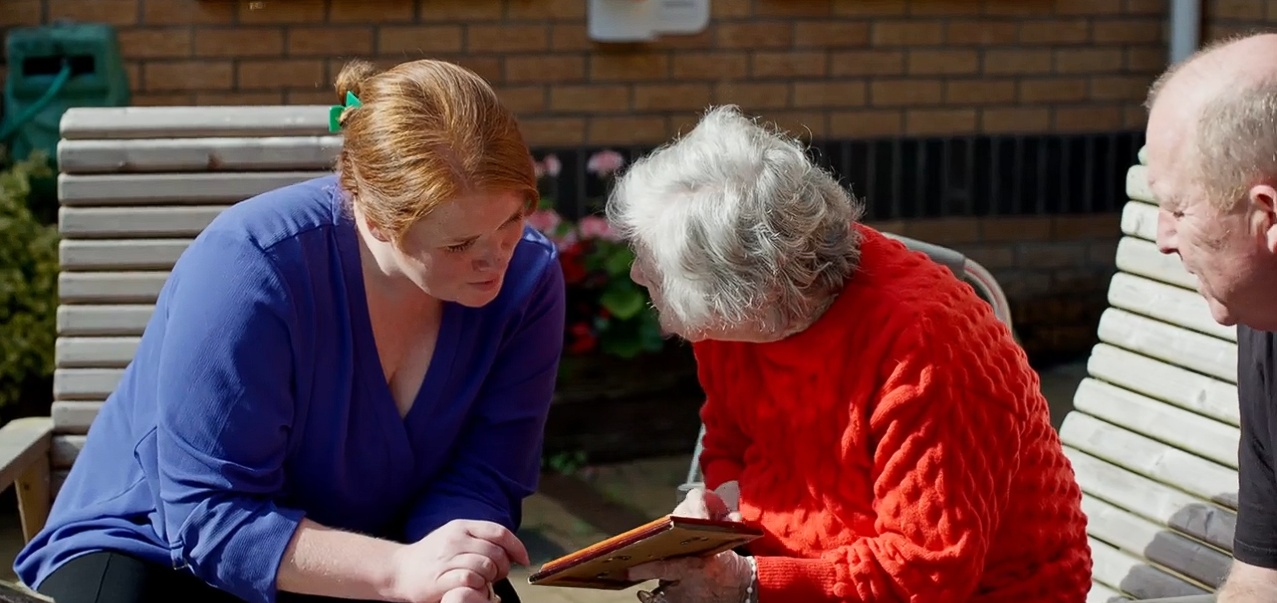
-
Source
Moral narratives and mental health: rethinking understandings of distress and healthcare support in contexts of austerity and welfare reform
Abstract
Associations between mental health and poverty are increasingly well established. Yet in neoliberally oriented contexts in which distress engendered through the everyday hardships of poverty is increasingly pathologised and medicalised, important questions are raised over the assumptions inherent within mental health policy and its implementation. Using the UK as a focus, this paper reviews and maps out key questions that require investigation in order to better understand the complex inter-relations between poverty and distress; explores how current paradigms might influence notions of individual responsibility and agency as well as health seeking behaviours; and examines the role of, and cultural and systemic expectations and constraints placed upon GPs as they respond to distress amongst patients from low-income communities. In so doing, we argue for recognition of the moral narratives that underpin both mental health care and processes of welfare reform, and call for an expansion of conventional notions of evidence-based healthcare to incorporate the understandings, experiences and priorities of people from low-income groups. We call for more detailed questioning and analysis of the interactions that lead to mental health diagnosis and treatment and better understanding of the relevance and effectiveness of current treatment options. As a central tenet of this, we argue for more flexible and nuanced healthcare responses that better reflect the dynamic and multi-faceted nature of poverty-related distress.




